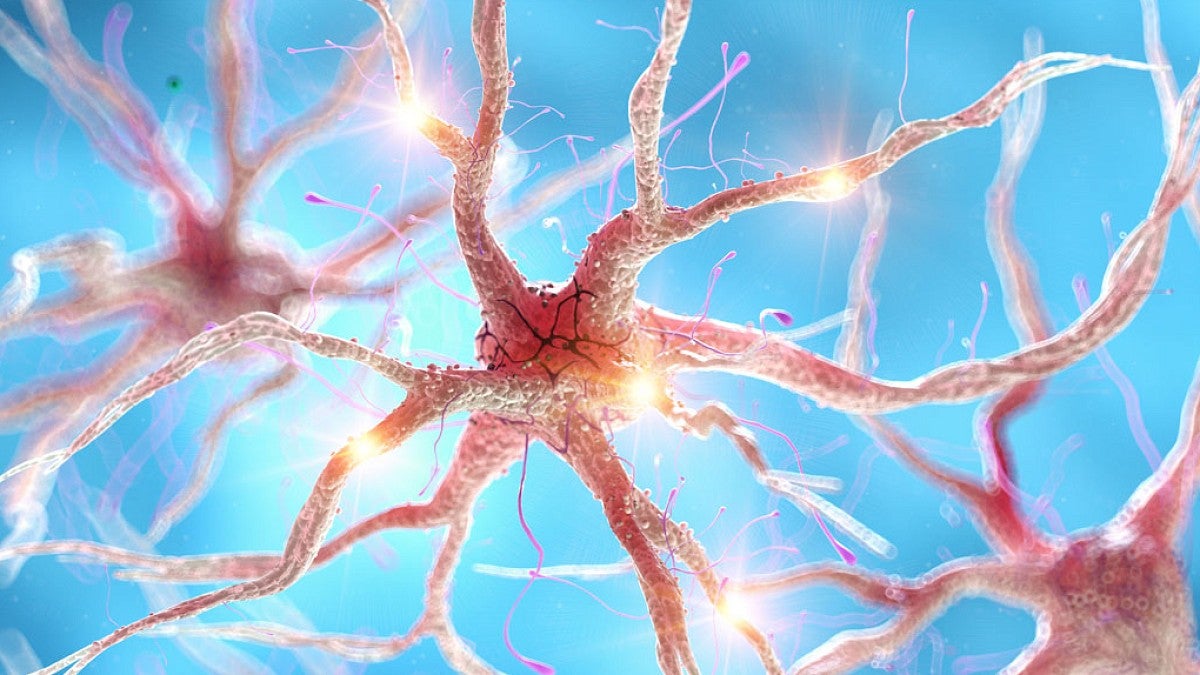May/June 2024
21st Century Liberal Arts
Interrogating AI
Artificial intelligence can detect art forgeries and take scientific research in new directions. But its impact on the classroom raises as many questions as answers. Can AI help students learn what they need to succeed in a rapidly changing workplace—and at what cost?
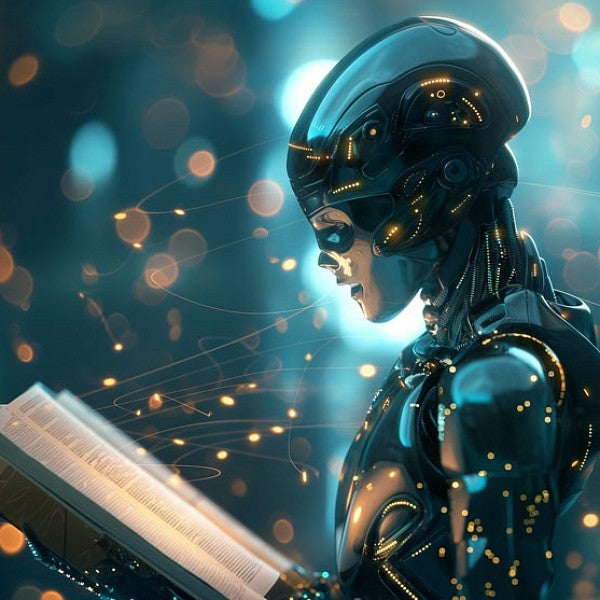
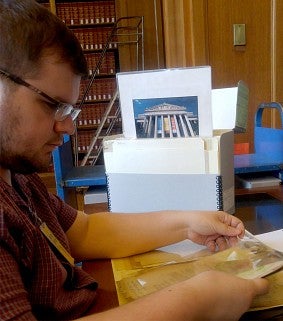
Community Impact
Putting History
into Action
From debating the removal of public monuments to writing amicus briefs for the US Supreme Court, historians in the College of Arts and Sciences are putting their expertise to work by helping communities engage with history.
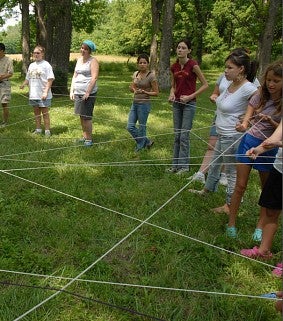
Community Impact
Reweaving Cultural Threads
Indigenous communities around the globe are reawakening endangered languages that have been dormant for decades. Linguistics scholars at UO are leading the charge to help these communities revive cultures unraveled by oppression.
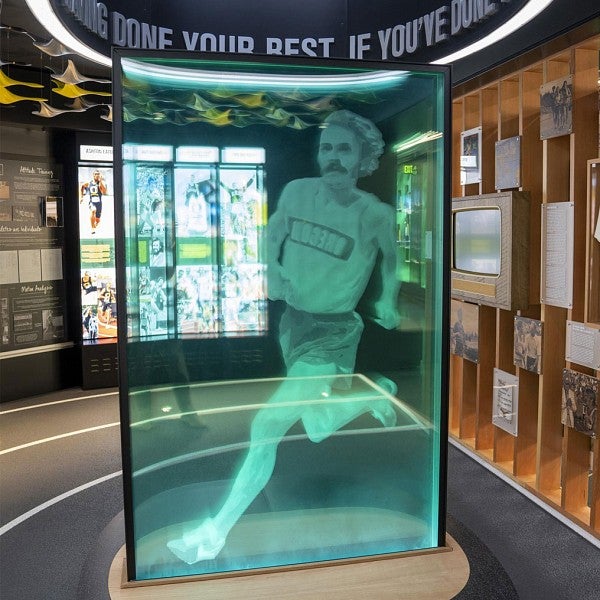
Good Vibes
The Power of Pre: One Scholar’s Explanation
While running cross country in high school, Daniel Wojcik had the opportunity to run with UO track legend Steve Prefontaine. Now an English and folklore studies professor, he explores the enduring lore and traditions surrounding the record-breaking athlete who helped establish Eugene as Track Town USA.
“The legend of Prefontaine persists as the embodiment of courage, rebellion and the pursuit of one’s dreams with complete abandon,” he says.
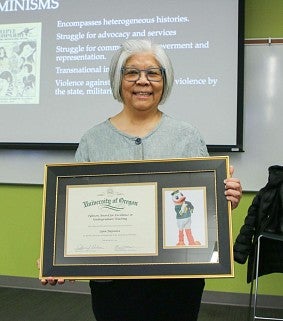
Teaching Excellence
Committed to the Classroom
Teachers usually frown on disruptions during class. But when a group of deans and colleagues barged into these three classrooms, they gave the instructors something to smile about: a Tykeson Teaching Award to honor their excellence.
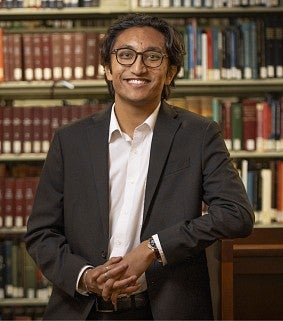
CAS Spotlights
Stepping into
the Future
Where can a liberal arts degree take you? These seniors in the College of Arts and Sciences are following their passions and charting their own course as they pursue careers in the coffee industry, particle physics and public service.
Research & Innovation
‘Understanding Imperiled Earth' Digs into Climate History
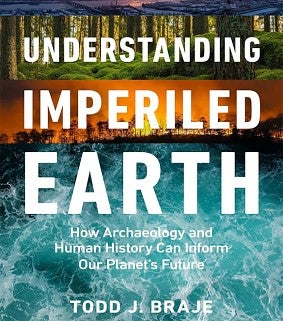
When Paris’s Notre Dame burned in 2019, experts quickly realized there weren’t enough large trees in Europe to accurately reconstruct the cathedral’s roof.
That was the moment anthropology alum Todd Braje realized how humanity’s history is connected to climate change.
Understanding Imperiled Earth: How Archeology and Human History Can Inform Our Planet’s Future, digs into the past with an archeological lens to uncover what the planet was like before major human impacts—and find guidance for addressing climate change.
Connect with Us
CAS Connection is produced by the CAS Communications Department.
Got something to say? Send us your story ideas or contact us at CASConnection@uoregon.edu.
We know you don’t want to miss a single moment of CAS greatness. Stay plugged into the #CASCommunity by following us on your favorite channels.
|
|
|
|
|
|



